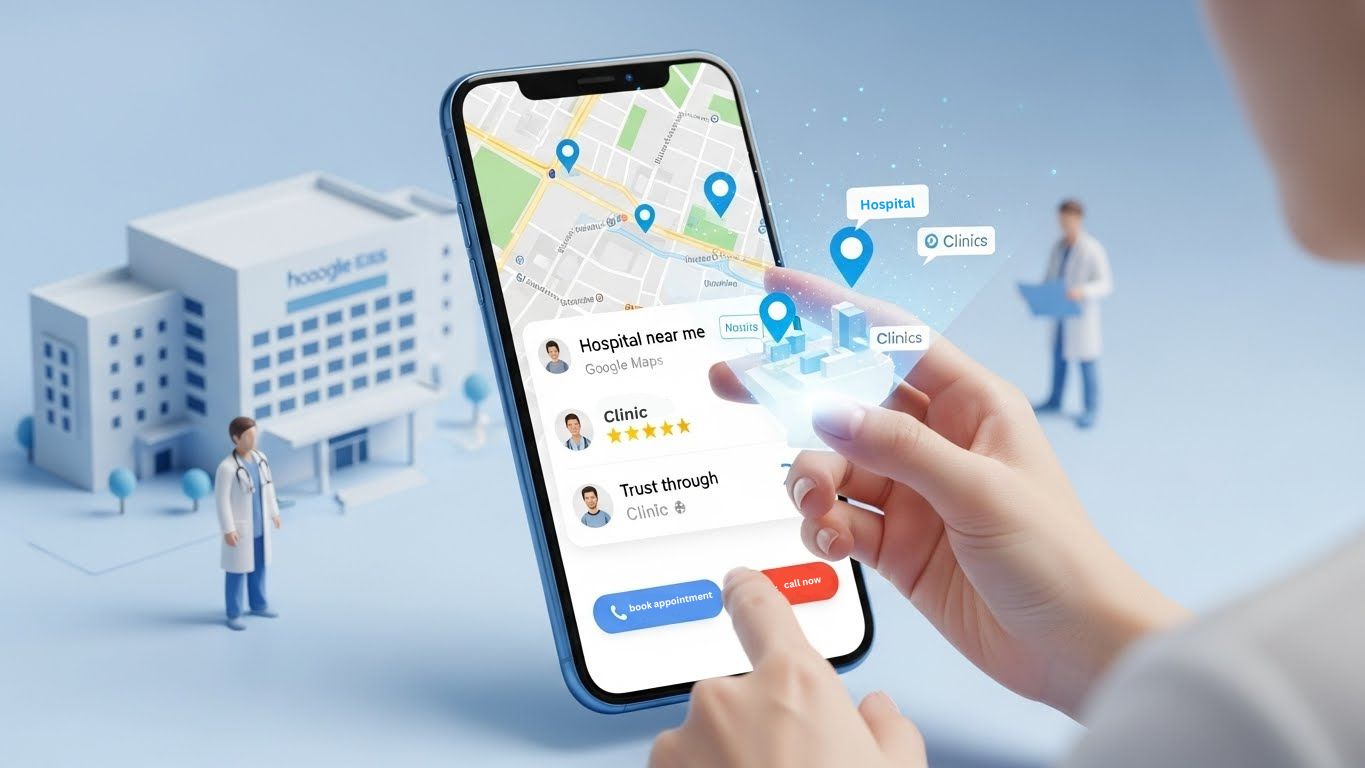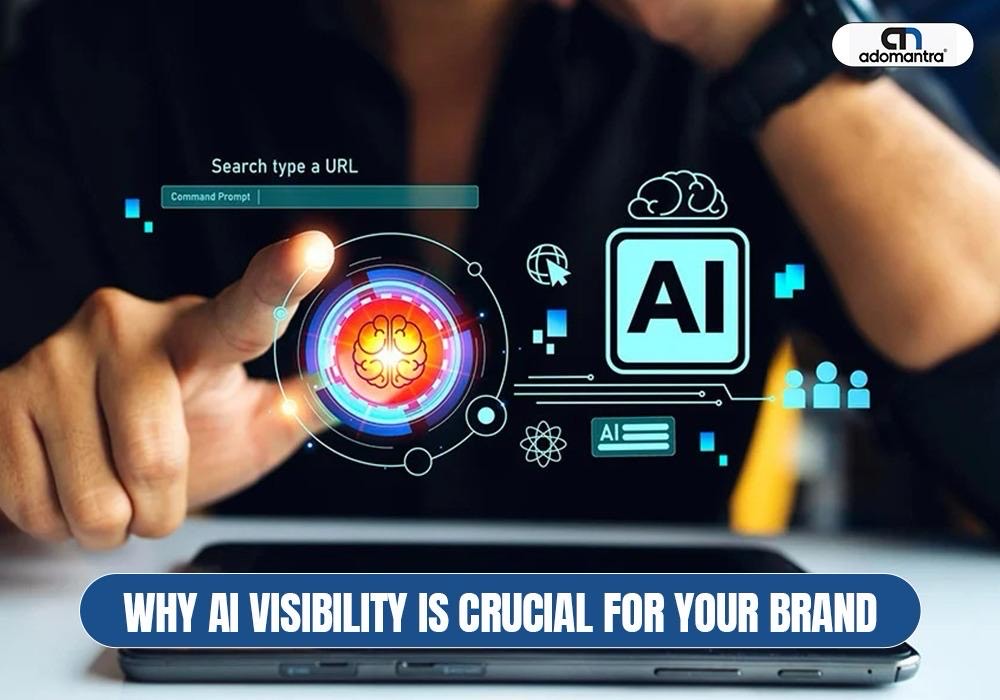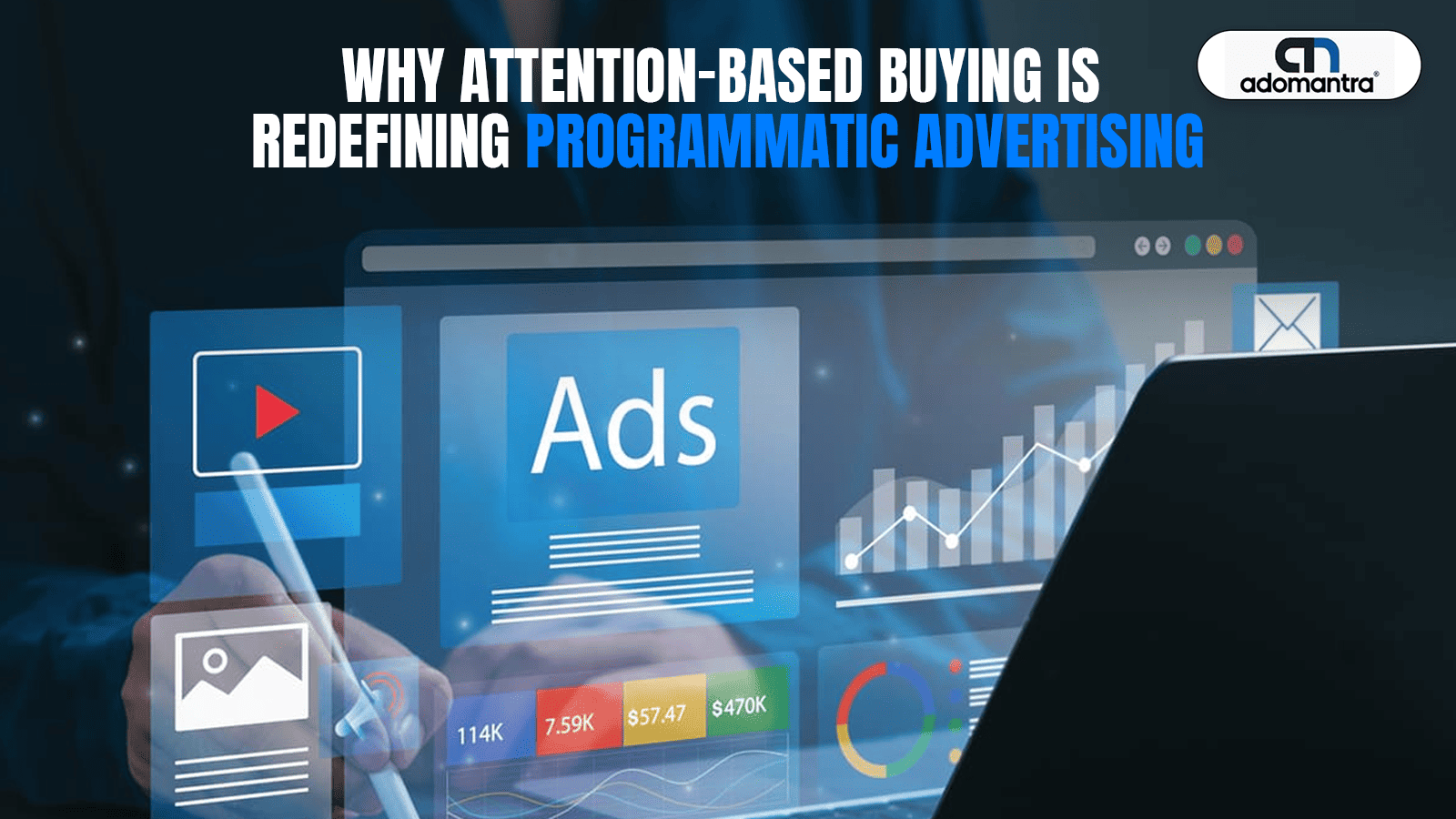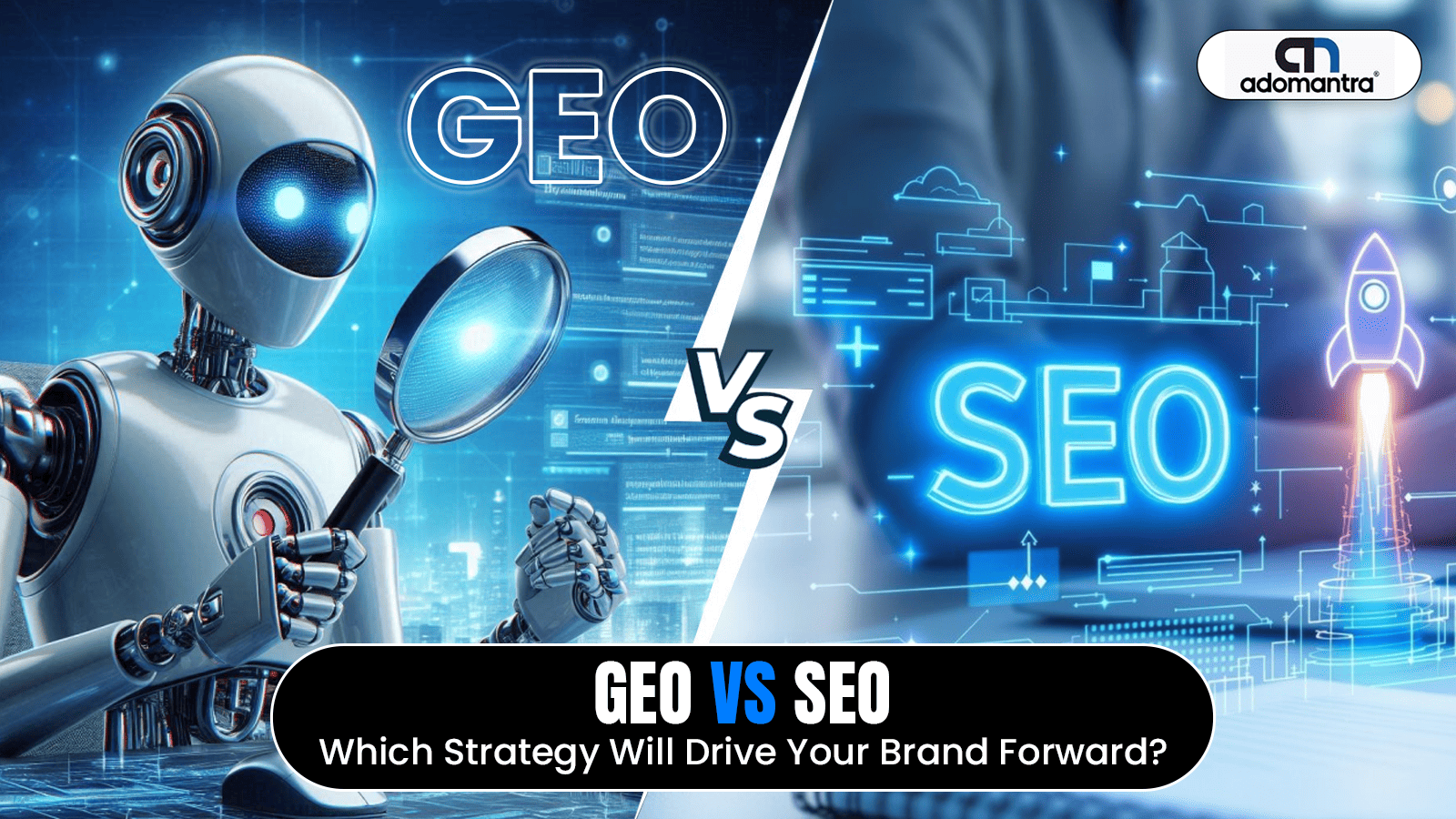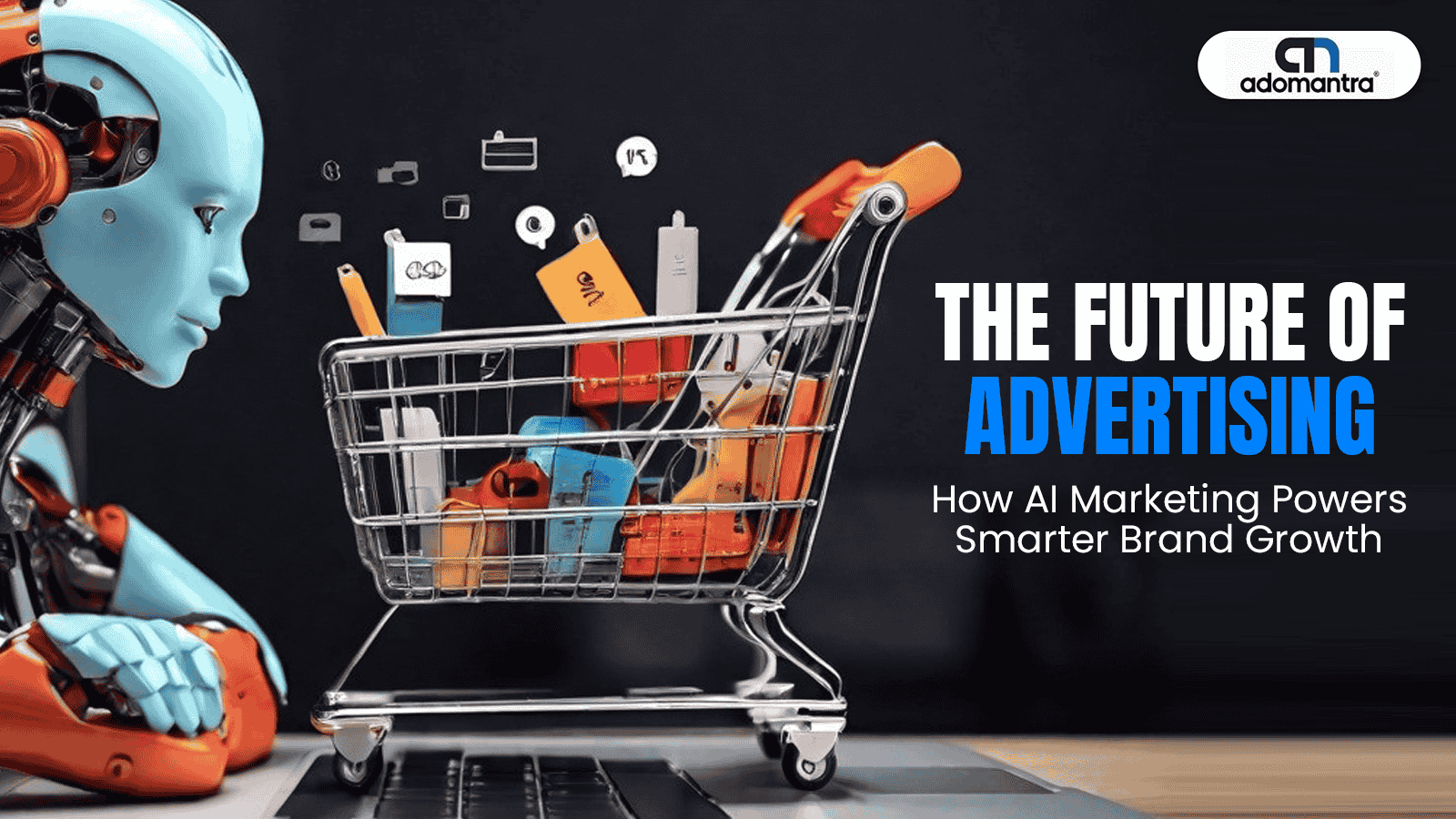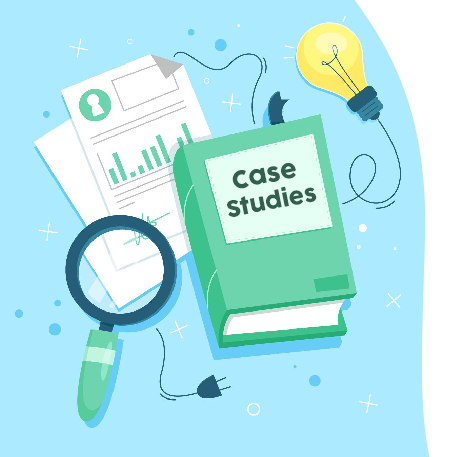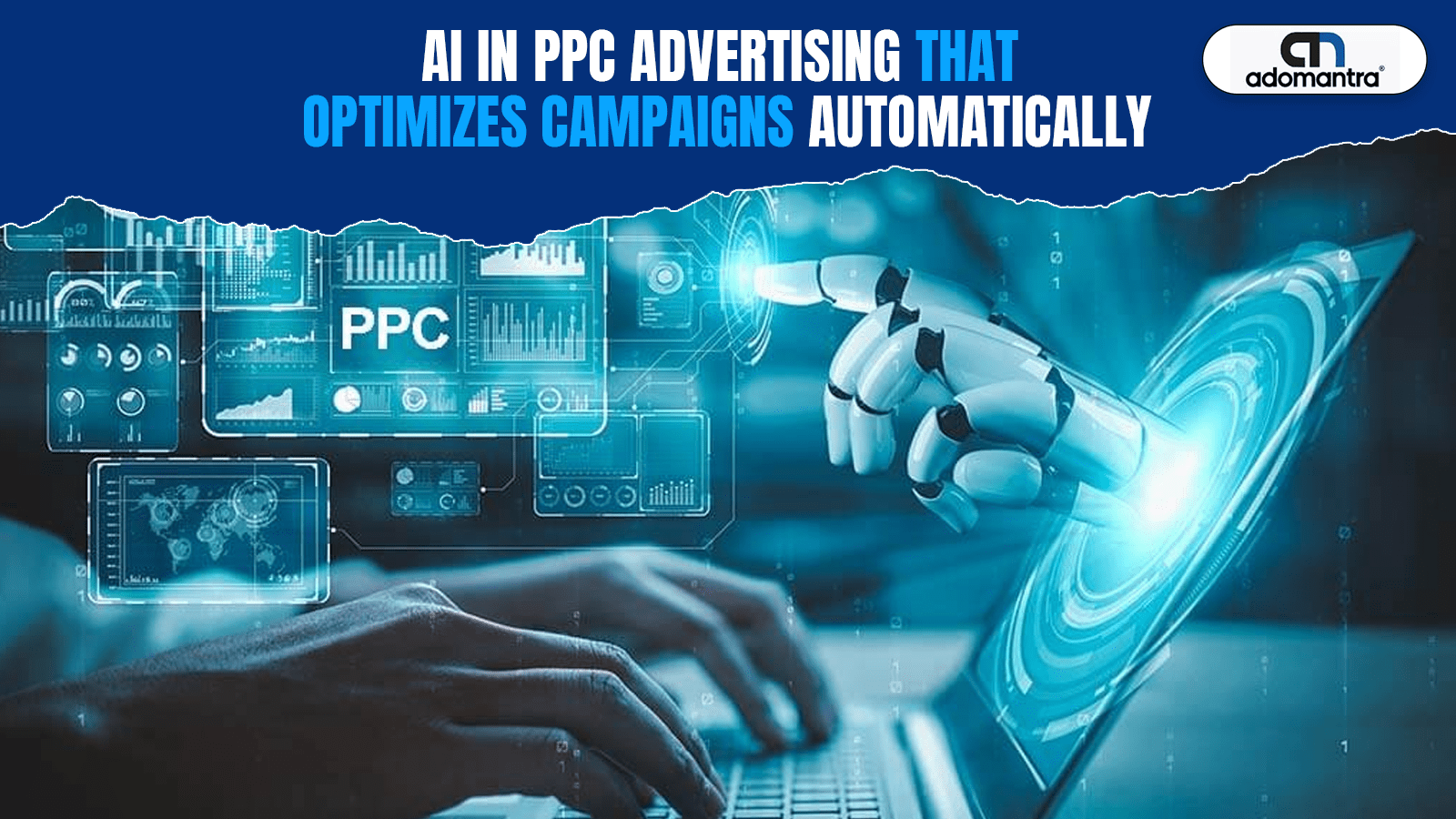
AI in PPC: How to Automate for Maximum Results
Pay-per-click (PPC) advertising is no longer just a game of keywords and budgets. It is now powered by artificial intelligence. AI in PPC is transforming the way marketers plan, execute, and optimize campaigns.
With automation, campaigns can now run smarter, faster, and more profitably. Tasks like bid adjustments, audience targeting, and ad copy testing that once took hours are now done in real time.
The integration of large language models (LLMs) like GPT adds another layer to PPC automation. These models understand human intent and create relevant ad experiences at scale.
If you are in B2B marketing and looking to cut inefficiencies, drive more leads, and scale campaigns, AI in PPC is the opportunity to watch and implement.
Why AI in PPC Is a Game-Changer for B2B Marketers
AI is reshaping how B2B brands use search, display, and social media ads. It uses machine learning to analyze historical data and predict which ads will perform best.
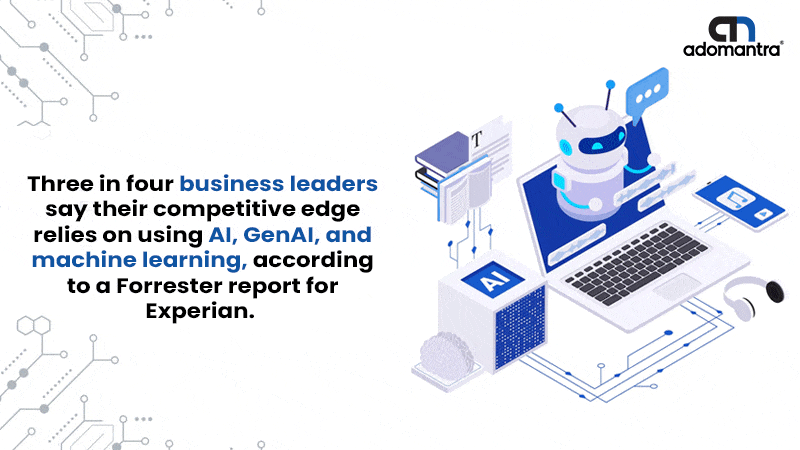
For PPC, the benefits are very real:
- Smarter bidding: AI adjusts bids in real time based on the likelihood of conversion. No more guesswork or manual effort.
- Intelligent audience targeting: AI segments users based on intent, behaviors, and engagement patterns. It shows your ad to those most likely to convert.
- Performance prediction: Tools use predictive modeling to estimate the ROI of each ad before you even launch.
A report by Salesforce found that AI improved lead generation efficiency by 83 percent for B2B companies. With faster testing and real-time adjustments, campaigns stay relevant and impactful.
AI and LLM in PPC: What’s the Difference and Why It Matters
Let’s break it down:
- AI in PPC involves predictive analytics, real-time bidding, and performance optimization using algorithms.
- LLMs (Large Language Models) are advanced AI tools that can understand context and generate human-like content such as ad headlines, descriptions, and even landing page content.
When you combine AI and LLM in PPC campaigns, the result is a smarter and more scalable system:
- Dynamic content creation: LLMs like GPT-4 can generate 10–15 versions of a single ad in seconds, each tailored to different audience segments.
- Search intent matching: LLMs analyze user search terms and generate ads that directly match the user’s query and context.
- Faster A/B testing: LLMs accelerate A/B testing by generating multiple creative variations, while AI evaluates which performs best in real time.
How to Automate PPC with AI: A Step-by-Step Strategy
Successful PPC automation starts with structure. You must build a framework that lets AI and LLMs work together across platforms.
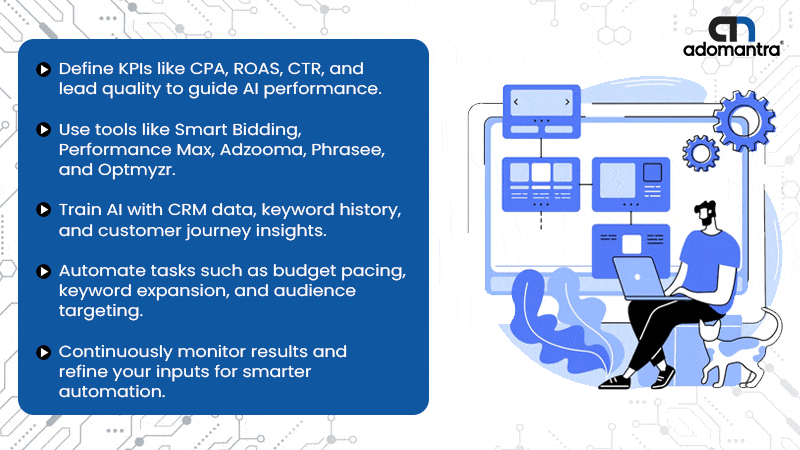
1. Define Clear KPIs
Set measurable goals such as cost per acquisition (CPA), return on ad spend (ROAS), click-through rate (CTR), and lead quality. Feed this data into your AI tools to train them on success metrics.
2. Pick the Right Platforms and Tools
Start with native AI features within Google Ads or Meta:
- Smart Bidding
- Performance Max Campaigns
- Dynamic Search Ads
Then add advanced AI tools like:
- Adzooma – real-time optimization dashboard
- Phrasee – LLM for ad copy
- Optmyzr – campaign automation and rule creation
3. Train AI with Your Data
AI works best when it learns from your business data. Feed it CRM insights, customer journeys, and keyword history to align automation with your brand voice and performance goals.
4. Automate Repetitive Tasks
Use AI to manage:
- Budget pacing
- Keyword expansion
- Audience segmentation
- Negative keyword suggestions
- Dayparting
5. Monitor, Refine, Improve
AI does not mean “set and forget.” Review performance dashboards. Identify trends. Adjust your inputs to make your automation smarter over time.
Common Mistakes to Avoid While Using AI in PPC
AI and LLMs can give you an edge but only if used wisely. Many marketers fall into the trap of over-relying on automation.
Mistake 1: Using Generic Ad Copy
Even if LLMs can generate content fast, not all of it will sound authentic to your audience. Personalization matters. Customize based on industry, buyer stage, or pain points.
Mistake 2: Ignoring Human Oversight
Automation helps, but it should not replace strategic thinking. Have a human expert review performance weekly and refine where needed.
Mistake 3: Neglecting Data Hygiene
Poor tracking setup means AI is learning from bad data. Ensure your UTM tags, goals, and CRM integrations are clean and functional.
Mistake 4: Underutilizing AI Features
Many brands use less than 30 percent of the features available in their PPC platforms. Explore automated rules, AI recommendations, and beta tools.
The Future of AI and LLM in PPC Advertising
AI and LLMs are evolving fast. Soon, we will see fully conversational PPC interfaces where customers interact with chatbots within the ad. Voice-based search and visual AI search are also rising.
Trends to Watch:
- AI-powered audience prediction that adjusts creative in real time
- LLM-generated video ads with scene-level testing
- Autonomous campaigns that adapt without human rules
- Conversational commerce within search ads
Conclusion
AI in PPC is not just a new feature. It is a strategy shift. With smarter automation and large language models, B2B marketers can achieve better precision, personalization, and performance.
At Adomantra, we have helped businesses scale digital growth with AI-powered advertising for years. Our team understands both the technology and the strategy behind successful PPC.
Let’s turn your ad spend into real results. Reach out now to build a data-driven PPC system that scales with your business.
Frequently Asked Questions
Q1. How does AI improve ROI in PPC campaigns?
A1. AI improves ROI by automating bid strategies, refining audience targeting, and generating performance-based ad creatives. It analyzes vast data sets in real time to optimize campaigns for conversions, not just clicks. This reduces wasted ad spend and improves lead quality, especially useful for B2B marketers aiming for efficiency.
Q2. What are Large Language Models (LLMs) and how do they impact PPC?
A2. LLMs like GPT are advanced AI systems that understand and generate human-like text. In PPC, they help create engaging ad copy, automate keyword suggestions, and personalize content at scale. This leads to higher relevance, better user engagement, and faster testing of ad variants.
Q3. Is it safe to fully automate PPC campaigns with AI?
A3. AI automation works best with human oversight. While AI can handle bid adjustments, ad testing, and budget allocation, strategic input is still essential. Human marketers should guide AI with clean data, clear goals, and regular performance reviews to ensure campaign success.

